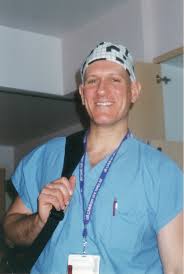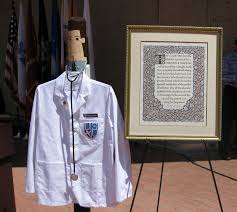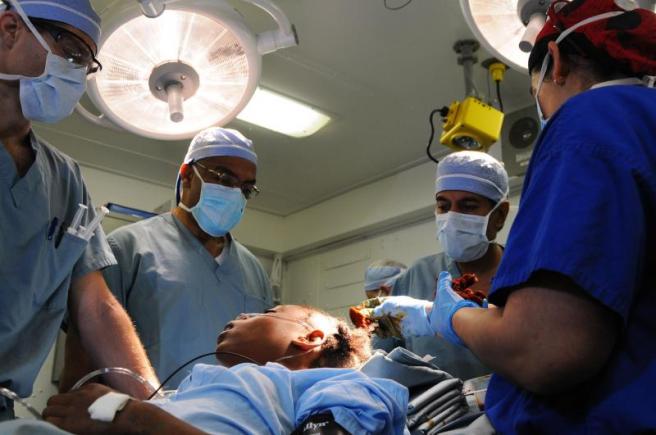Written By: Sharon Cretsinger
Congratulations on the incredible achievement of nearing the completion of your studies at an accredited school of medicine. Becoming a physician is both a noble pursuit and a difficult career path that requires many steps. While understanding the steps may become confusing at times, most medical students, like you, are pretty certain about the specialty they would like to pursue post-graduation. If your choice is cardiology, now is the time to apply for a cardiology fellowship. You will have many choices, including a Georgetown cardiology fellowship and other fellowships on the Atlantic seaboard. You can actually find a cardiovascular disease fellowship in any part of America you might enjoy, as long as you are sticking with a major metropolitan area.
Applying for a Cardiovascular Fellowship: Your Personal Statement
While the application process for these fellowships can be very competitive, you can give yourself an edge by making your personal statement the very best it can be. Here are some tips that come straight from some of the physicians who actually review fellowship applications:

- Clearly explain the things that make you interested in that particular program. It is not necessary to give details about your personal life, but do be specific about your professional goals and how they match the fellowship for which you are applying.
- Find out what qualities and skill sets the reviewers are seeking. Demonstrate that you have these.
- Use specific examples to show how you would be a good fit for the program. Think of actual experiences you have had that led you to apply for that particular program.
- Your personal statement is not a place to restate your CV or things already stated in other parts of the application. It is a venue to tell a story about your own goals and experiences, thus giving a context to the other application materials.
- Come across as confident, but not arrogant. It is always good to keep in mind that those reviewing your application may be future colleagues. Leave an impression of someone with whom they would like to work.


